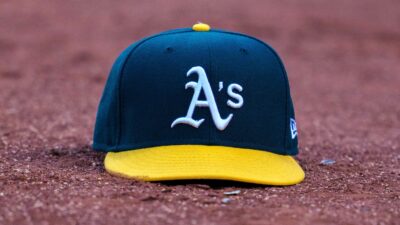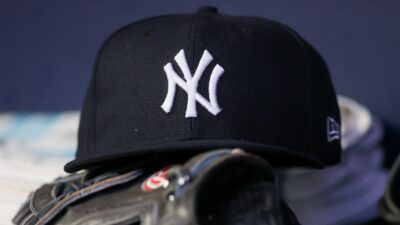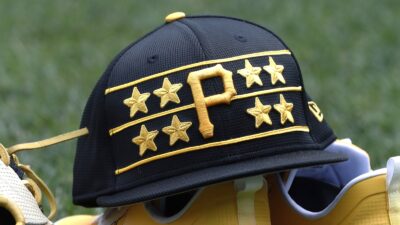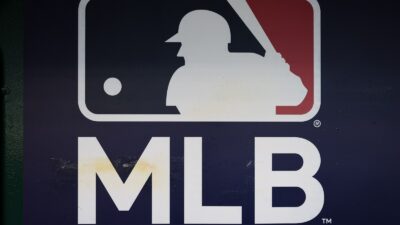 The day the Washington Nationals moved over .500 for the first time since 2005, manager Jim Riggleman celebrated the achievement by quitting his job. Riggleman apparently had told Nats GM Mike Rizzo prior to the game that if his team option for 2012 would not be picked by the end of the game, he would walk away. Rizzo needed more time to make the decision and didn’t pick up his option.
The day the Washington Nationals moved over .500 for the first time since 2005, manager Jim Riggleman celebrated the achievement by quitting his job. Riggleman apparently had told Nats GM Mike Rizzo prior to the game that if his team option for 2012 would not be picked by the end of the game, he would walk away. Rizzo needed more time to make the decision and didn’t pick up his option.
Riggleman held true to his word and stepped down.
In the middle of the season.
With 87 games left in the year and more than half his contract left to be paid.
Riggleman has been torn apart by media members everywhere for quitting on his team, rightfully so. He doesn’t seem to be affected by the move because he was out drinking immediately afterwards, but his actions will benefit his fellow managers and they should be grateful.
Not only did Riggleman’s vacancy elevate Jim McLaren’s profile for a day (he was named the interim manager), but he also created a vacancy that was filled by Davey Johnson. Most importantly, Riggleman sacrificed himself and helped other managers.
By walking away from his job in the middle of the season in such shocking fashion, Riggleman caught the attention of all teams in baseball. He got across his message that one-year deals make managers feel uncomfortable. His abrupt departure puts pressure on general managers everywhere to pick up the options for their managers.
I don’t have a problem with the Nats’ decision to wait until after the season to decide if they would pick up Riggleman’s option. Why make a decision based on one hot streak instead of waiting until the end of the year to evaluate things? They took a measured approach while Riggleman wanted to capitalize while his value was high.
Riggleman may have felt like he was in a bad situation, but he has to remember he put himself in it. He took over the team mid-season in ’09 and then signed a two-year deal with a team option for 2012. If that deal wasn’t suitable for him, he should not have agreed to the terms. He committed to manage the Nats for two years when he signed the contract and he should have lived up to it, even if he knew the Nats were not going to bring him back in 2012. Given the hasty nature of Davey Johnson’s hire, it’s no wonder Riggleman thought the team would not pick up his option. Regardless, he should not have quit on his team.













